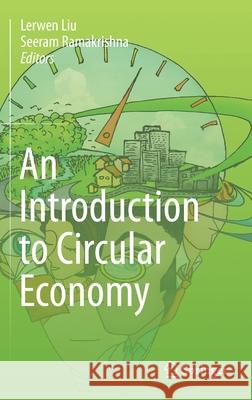An Introduction to Circular Economy » książka
topmenu
An Introduction to Circular Economy
ISBN-13: 9789811585098 / Angielski / Twarda / 2020 / 631 str.
An Introduction to Circular Economy
ISBN-13: 9789811585098 / Angielski / Twarda / 2020 / 631 str.
cena 483,04
(netto: 460,04 VAT: 5%)
Najniższa cena z 30 dni: 462,63
(netto: 460,04 VAT: 5%)
Najniższa cena z 30 dni: 462,63
Termin realizacji zamówienia:
ok. 16-18 dni roboczych.
ok. 16-18 dni roboczych.
Darmowa dostawa!
Kategorie:
Kategorie BISAC:
Wydawca:
Springer
Język:
Angielski
ISBN-13:
9789811585098
Rok wydania:
2020
Wydanie:
2021
Ilość stron:
631
Waga:
1.07 kg
Wymiary:
23.39 x 15.6 x 3.51
Oprawa:
Twarda
Wolumenów:
01
Dodatkowe informacje:
Wydanie ilustrowane











